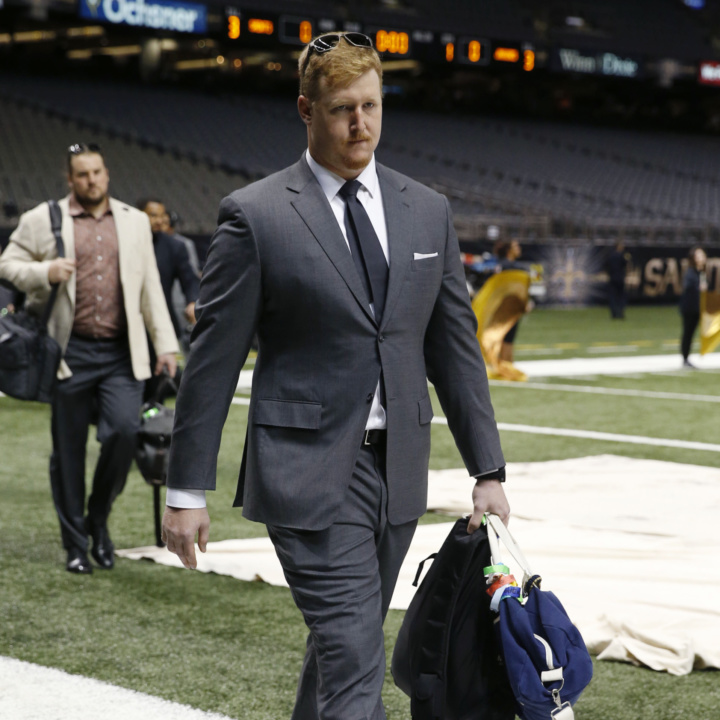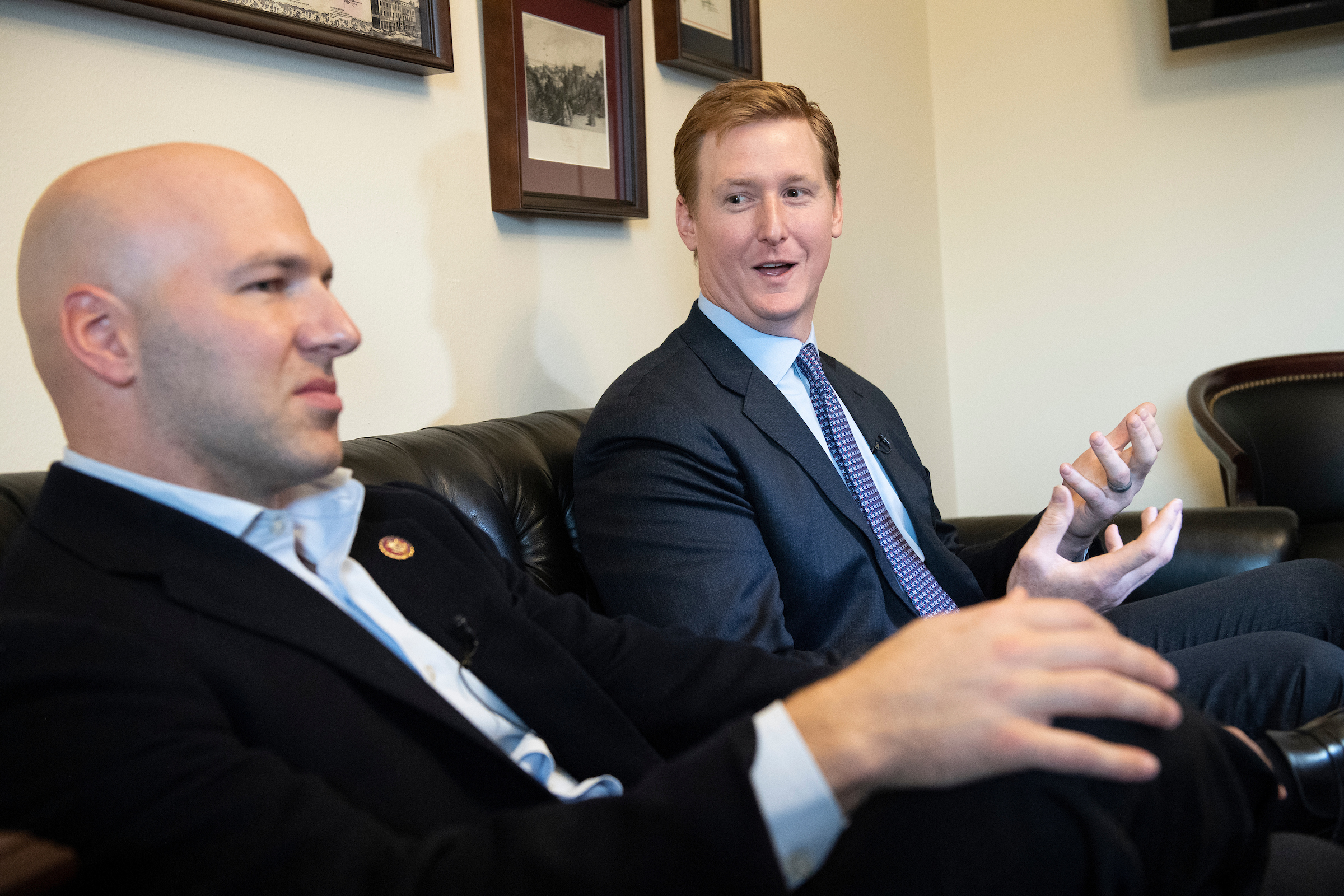
How The Offseason Became Sam Young’s “On Season”
Sitting alone in his car, Sam Young scanned the unfamiliar parking lot. It was his first day on a new job, but in that moment, the second-year offensive lineman couldn’t shake the reality of how he had gotten there.
“I had just been released by the team that drafted me [Dallas Cowboys] and for whatever reason, right before I was about to join my new team with the Buffalo Bills, everything became crystallized for me,” Young said of that late summer afternoon in 2011. “You hear all the time how the NFL stands for ‘Not For Long,’ but actually getting cut and then going to a new team, it hits home in a different way.”
As he prepared to enter the team facility, Young decided to call up a teammate from college and pose a simple question: What do I need to do to help prepare myself for the next step? His friend’s response reminded him of the luxury that came with being a professional football player – and it had nothing to do with the money or playing on TV.
“He said, ‘You have something that very few people enjoy – a six-month offseason to do whatever you want to do and learn whatever you want to learn. Shame on you if you don’t take advantage of it,” Young recalled. “I realized then that while football is my job and passion, there was plenty of time for me to take initiative and position myself for what comes next.”
This advice motivated Young’s decision to enroll through 2U in a machine learning course with the London School of Economics last year. Through this opportunity, Young, who just completed his 11th season in the NFL with the Las Vegas Raiders, was able to get educated on a subject that interested him while continuing to mold his life after football.

What made you want to enroll in a short course about machine learning through 2U?
The program was recommended by our team’s director of player engagement when I was with the Miami Dolphins. I was looking at a few different courses like real estate and private equity. You hear all the time about [artificial intelligence] and machine learning in the news and in book; so after talking with the 2U advisors and taking stock of my interests through the course catalo, I wanted to take a deeper dive into something that was completely foreign but very interesting to me in machine learning.
What was your experience like in the short course?
In general, it was very convenient with everything being online. There were 10 modules, and the way the modules were structured was very easy to follow. The course material was really well done, and the discussions were very interactive with the cohort that was taking the class at the same time. There was a live element to it so that, when the class was learning to program in a language that was I completely unfamiliar with, I was able to lean on the resources of the instructor along with the chat rooms and message board.
What advice would you offer to other NFL players who are thinking about their futures?
I’ve had a lot of those conversations with guys in the locker rooms I’ve been in, and I’ve echoed that same advice that I got. Of course, football is your job and you should treat it as such, but also recognize the opportunity afforded to you in the offseason. Don’t be afraid to ask questions or ask for help in whatever may interest you.
You have a certain currency in being a football player. People want to get to know you, hear about your successes and failures. If someone gets an email from John Doe who plays for this NFL team, someone is going to look at that email. It doesn’t guarantee a job, but you’re going to get some looks, and it’s those opportunities that you should be looking to take advantage of while you can.